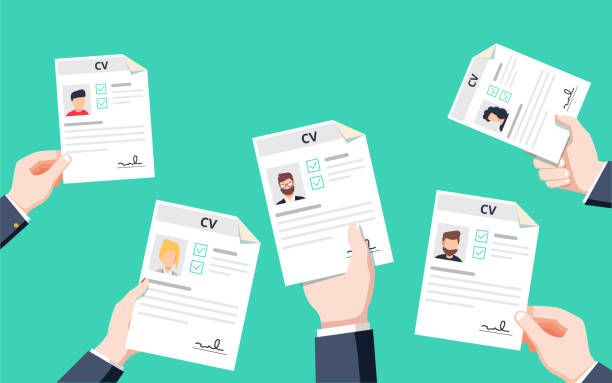
Unemployed? Here's How to Get Health Insurance

Unemployed? Here's How to Get Health Insurance - HalalHaramWorld.com is the go-to website for determining whether or not something is halal or haram.
Being unemployed can be a stressful and difficult time, but it can be even more challenging when you don't have access to health insurance. Without insurance, even a minor medical issue can become a major financial burden. Thankfully, there are options available for those who are unemployed and in need of health insurance.
One option is to enroll in a government-funded program such as Medicaid or the Children's Health Insurance Program (CHIP). These programs are available to individuals and families with low incomes, and they can provide comprehensive coverage at a low cost. To qualify, you'll need to meet certain income and residency requirements, so it's important to check with your state's Medicaid office to see if you're eligible.
Another option is to purchase a private health insurance plan on the individual market. These plans are available to anyone, regardless of income or employment status. However, they can be more expensive than government-funded programs, and they may not cover all of the services that you need. To find the right plan for you, it's important to compare different options and read the fine print to see what's covered.
In conclusion, being unemployed can be a difficult time, but it doesn't have to be without health insurance. There are options available, whether through government-funded programs or private health insurance plans.
Pre-Existing Conditions and Health Insurance: What You Need to Know
Pre-existing conditions are health issues that a person has before applying for health insurance. Examples of pre-existing conditions include diabetes, heart disease, cancer, and high blood pressure. Before the Affordable Care Act, also known as Obamacare, insurance companies were able to deny coverage or charge higher premiums to individuals with pre-existing conditions. However, the ACA made it illegal for insurance companies to deny coverage or charge higher premiums based on pre-existing conditions.
It's important to note that the Affordable Care Act's protections for pre-existing conditions are still in effect, even though the law has been the subject of legal challenges and changes. This means that individuals with pre-existing conditions cannot be denied coverage or charged higher premiums.
Individuals with pre-existing conditions should still shop around for insurance plans, as some may offer better coverage for specific conditions. For example, a plan with a larger network of doctors that specialize in treating a specific pre-existing condition may be more beneficial. Additionally, individuals with pre-existing conditions should make sure to disclose their condition when applying for insurance, as failure to do so could result in a denial of coverage.
It's also important to note that short-term health plans are not subject to the ACA's protections for pre-existing conditions, so people with pre-existing conditions should be cautious when considering this type of coverage.
In summary, pre-existing conditions are health issues that a person has before applying for health insurance. The Affordable Care Act, also known as Obamacare, makes it illegal for insurance companies to deny coverage or charge higher premiums based on pre-existing conditions. Individuals with pre-existing conditions should still shop around for insurance plans and disclose their condition when applying for insurance. Additionally, they should be cautious when considering short-term health plans as they are not subject to the ACA's protections for pre-existing conditions.
Appreciate the creator